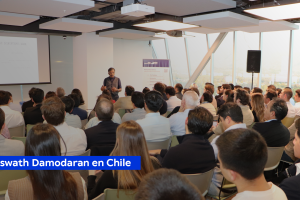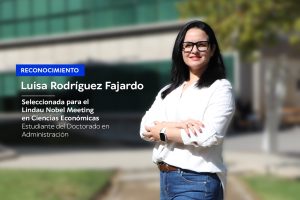
Seminario Rodrigo Wagner: “Trust one container at a time: Sequential Trade-Credit Finance”
En las dependencias del Departamento de Administración, Facultad de Economía y Negocios, Universidad de Chile, el pasado 23 de Septiembre de 2015, el Académico Rodrigo Wagner, quien es PhD, M.A. y MPA, Harvard University y Profesor del Departamento de Administración, FEN, presentó ante profesores de su misma casa de estudios y a otros pertenecientes a otras universidades, una de sus últimas investigaciones. Esta investigación se denominó como “Trust one container at a time: Sequential Trade-Credit Finance”.
Las principales ideas de este seminario son: “When a seller ships two containers simultaneously her exposure to the counterparty risk of the buyer defaulting on the payment is two containers. In contrast, when the exporter ships two containers sequentially, the exposure is just one container, since she gets paid before shipping the second container. We argue sequential shipment is a relevant channel to finance international trade through Open Account; explaining part of the reduction in Cash in Advance and Bank-mediated trade finance in recent decades. Exposure through sequential trade finance is a source of increasing returns, since you can ship twice the sales with a less than proportional growth in Value-at-Risk of default. After a simple theoretical framework that formalizes this intuition, we use one and a half decades of Chilean export transaction to test this mechanism. We find that as the total annual value shipped is spread across more months, exporters are more likely to use Open Account terms. The results are robust to a number of alternative explanations, like age of the relationship, product heterogeneity and institutional differences. Exporting a sequence of containers could be an additional force against default, facilitating business-to-business credit”.




